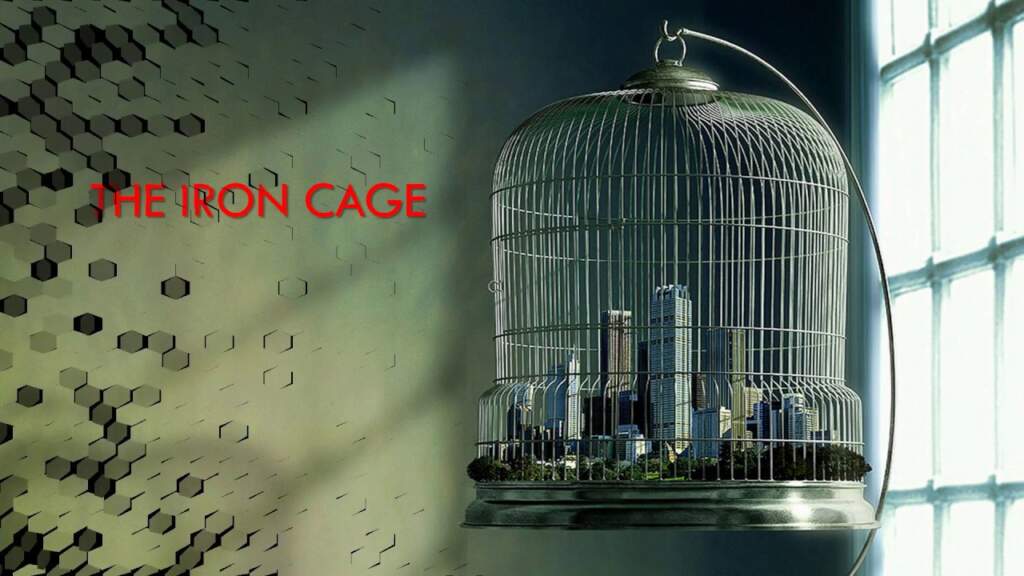Modernity refers to a particular era in human history. It is an era characterised by scientific thought (rather than metaphysical or supernatural belief), individualism, a focus on industrialisation and technical development and a rejection of some traditional values. Some sociologists believe we are still in the modern era, some think we are in a different form of modernity (late modernity) and others believe we are now in a new era which they call postmodernity. (Cited in Tutor2U)
Under the blogs Fishbowls & 4th Wave we discuss much of the background of modernity but from the inner world of where we lose our sense of self through societal & familial backgrounds. Here we outline the sociological external aspect of modernity. So this is the sociological view of the fishbowl we live in but rarely examine. A direct comparison to the fishbowls notion was Durkheims concept of Social Facts.
These social facts are pre-conditioned knowledge that affect an individual’s agency. Individuals do not create them, and they only become aware of them through education and socialization. For example, in choosing a profession we get influenced by the career adviser, possibly for a career that is part of a job ready program streamed as a social structure by the government. The individual is groomed into being a utility of the larger capitalist system.
Weber’s famous iron cage of modern rationalization characterizes modernity as a prison in which human beings are trapped conceptually. This iron cage of rationalization seduces us to modernise, to fit in to the modern world, to become successful, and to value the ‘scientism’ of science and technology.
Simply put, we are born into a society that is well convinced that one must achieve, do better than their parents, accumulate wealth or ‘be successful’. Noone says why? Noone sees the costs, noone wants to.
They are playing a game, they are playing at not playing a game. If I show them I see they are, I shall break the rules & they will punish me. I must play their game, of not seeing I see the game. RD Laing
Modernity refers to a particular era in human history. It is an era characterised by scientific thought (rather than metaphysical or supernatural belief), individualism, a focus on industrialisation and technical development and a rejection of some traditional values. Some sociologists believe we are still in the modern era, some think we are in a different…
Modernity refers to a particular era in human history. It is an era characterised by scientific thought (rather than metaphysical or supernatural belief), individualism, a focus on industrialisation and technical development and a rejection of some traditional values. Some sociologists believe we are still in the modern era, some think we are in a different…
Modernity refers to a particular era in human history. It is an era characterised by scientific thought (rather than metaphysical or supernatural belief), individualism, a focus on industrialisation and technical development and a rejection of some traditional values. Some sociologists believe we are still in the modern era, some think we are in a different…
Modernity refers to a particular era in human history. It is an era characterised by scientific thought (rather than metaphysical or supernatural belief), individualism, a focus on industrialisation and technical development and a rejection of some traditional values. Some sociologists believe we are still in the modern era, some think we are in a different…



Pingback: The Fourth Wave – thetruenorthsystem.com
Pingback: The Ego – thetruenorthsystem.com